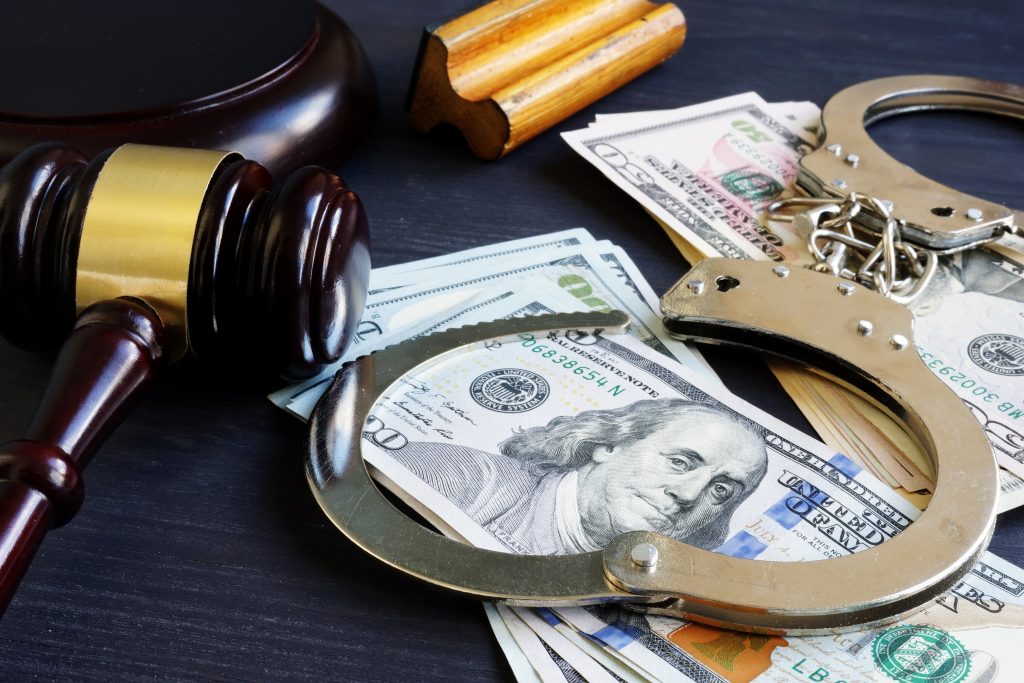New Bail Reform Could Decrease Jail Population in WV

By Camrynn Tanner
The bail reform law West Virginia legislators passed in March could significantly reduce the population in the state’s jails when it goes into effect this year.
The new law would require the court to release defendants with misdemeanor offenses on their own recognizance as they await trial in most cases. This means if defendants agree to show up for their trials and not engage in criminal activity in the mean time they don’t have to wait in jail. Judges may still set bail in cases where defendants are charged with offenses that could make them a danger to society. These offenses include violence, the use of a deadly weapon, sexual abuse, drug crimes, and crimes involving minors.
After the bill was passed, the American Bail Coalition posted a critique of the bill comparing it to legislation in three other states where similar legislation had come under fire or was rolled back due to public criticism. Among the concerns with West Virginia’s bill were the possibilities that pre-trial crime statistics could increase, and defendants could fail to appear for trial. The ABC additionally noted that judges already have the ability to release defendants on their own recognizance, so the new legislation restricts judicial discretion.
Lisa Hartline is an attorney working for Legal Aid of West Virginia. In 2005, she spent four and a half months in North Central Regional Jail because she was not able to afford her $50,000 bail. She was released after prosecutors dropped the charges against her due to lack of evidence. Hartline believes the new legislation will keep innocent people, without money, from sitting in jail awaiting trial.
“I do think it’s going to keep people who are innocent out of jail,” said Hartline, “When someone is stuck sitting in jail because they can’t afford bail, you’re basically forcing an innocent person to serve time.”
West Virginia is not the first state to pass bail reform legislation. Similar bills have been passed in California, New York, and New Jersey. Each aimed at reducing state incarceration rates.
In 2018, California passed legislation eradicating cash bail for individuals awaiting trial for non-violent misdemeanor offenses. That legislation was met with fierce backlash from bail coalitions across the state. As of now, the state is holding off on signing the bill into law until November 2020.
In New York, a bail reform bill was passed in January that allowed for defendants charged with misdemeanors and some non-violent felonies to be released on their own personal recognizance while awaiting trial.
A study done by the Center for Court Innovation in 2019 estimated that around 43 percent of individuals being held in New York City would be released if this original bill was put into law.
However, after a spike in crime that critics blamed on the new bail reform, Governor Andrew Cuomo and lawmakers agreed to modify the legislation to make more of those cases subject to cash bail.
Meanwhile in January of 2017, Governor Chris Christie signed the Criminal Justice Reform Act of New Jersey. The act eliminates cash bail for the most part and instead implements the Public Safety Assessment for determining who will be released and who will be held. The PSA considers the criminal backgrounds of defendants to determine if they are likely to appear in court for their hearings and remain crime free while awaiting their trial.
According to the New Jersey Courts, there has been a 43.9 percent decrease in the pre-trial jail population between 2015 and 2018.
West Virginia’s bail reform legislation is scheduled to go into effect in June of 2020.


